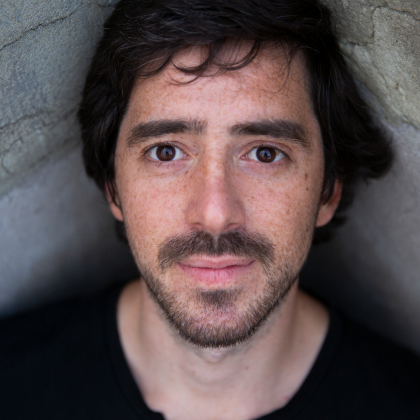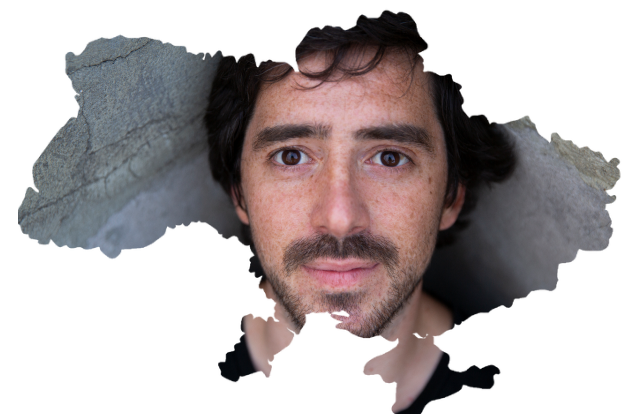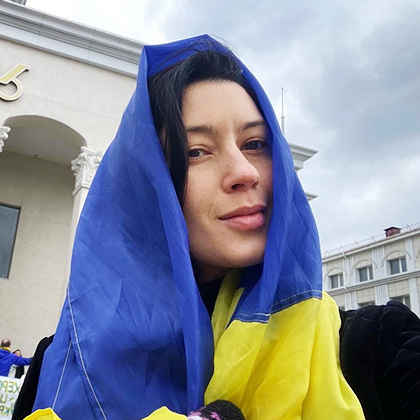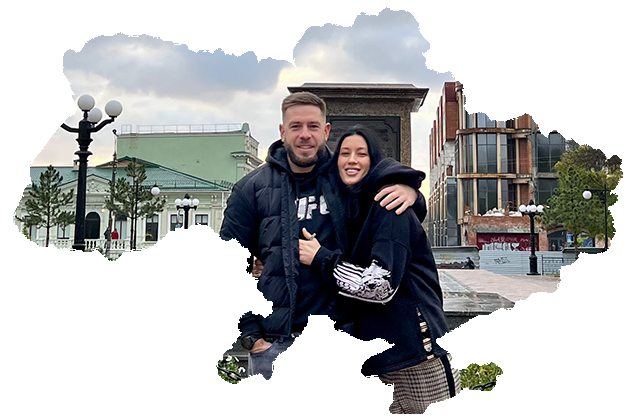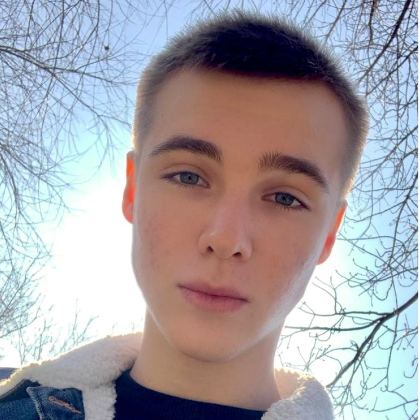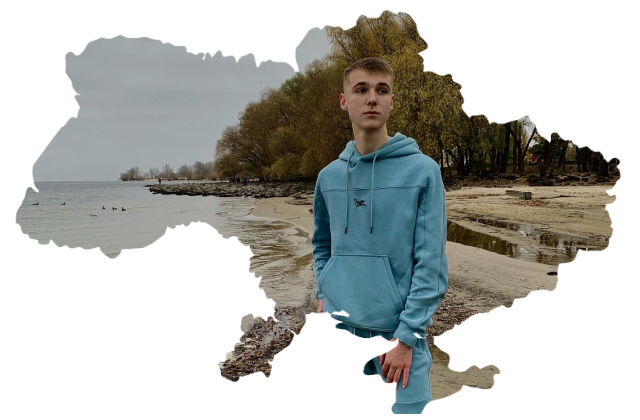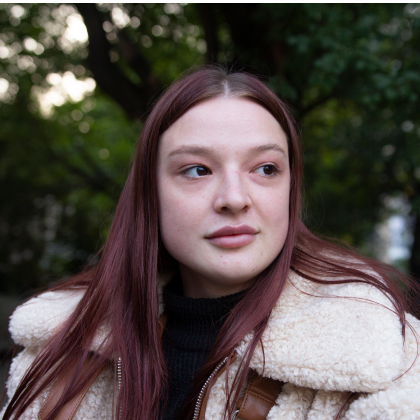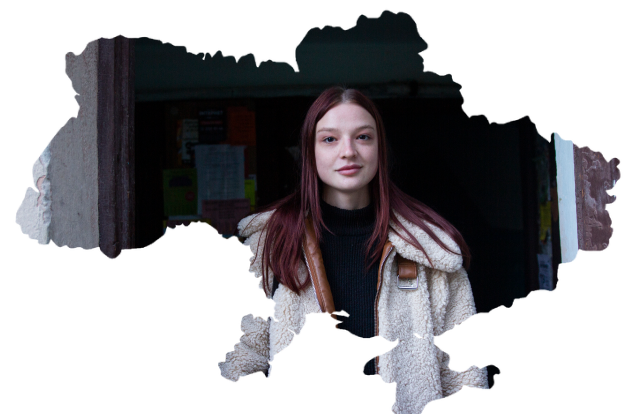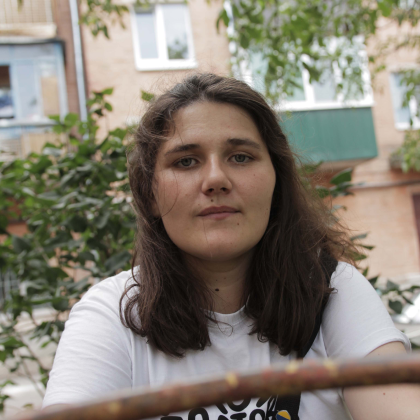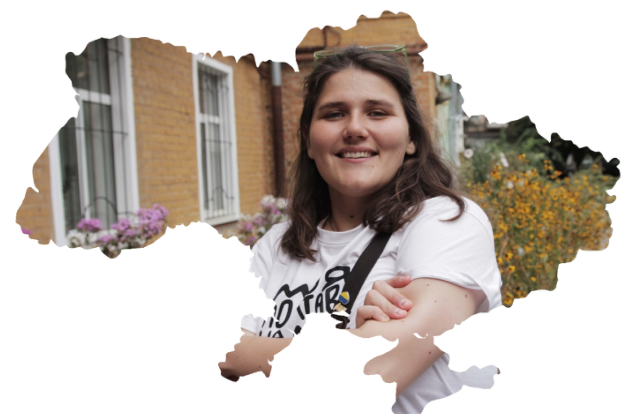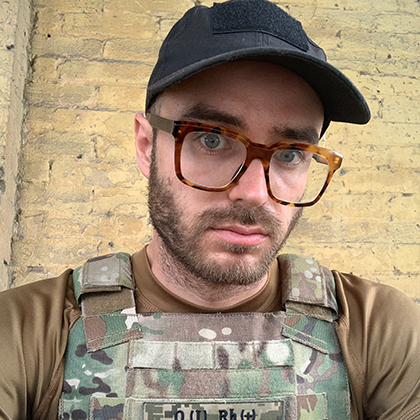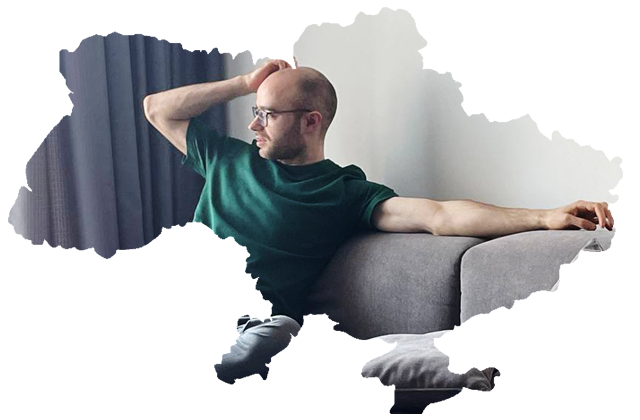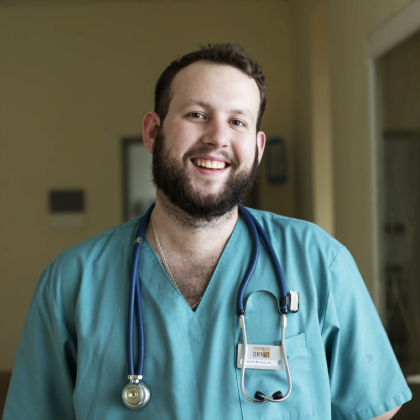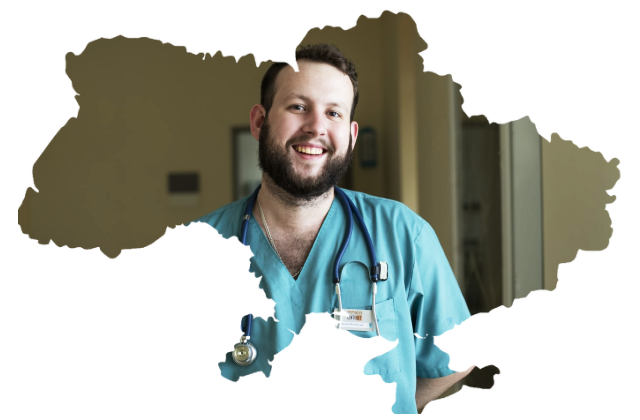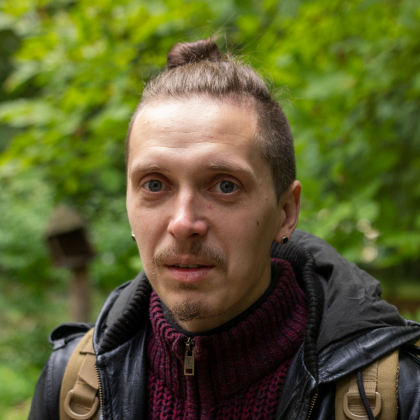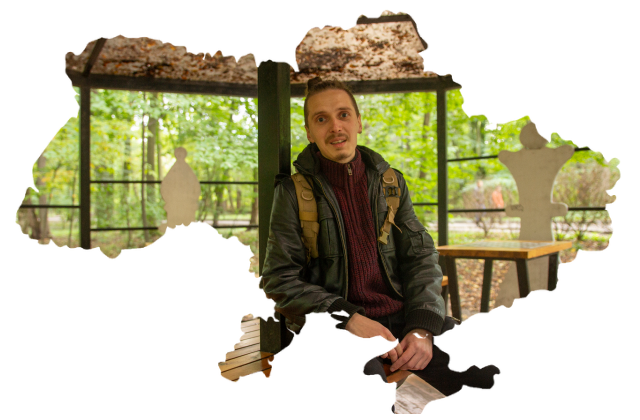Sasha Oniy
art director
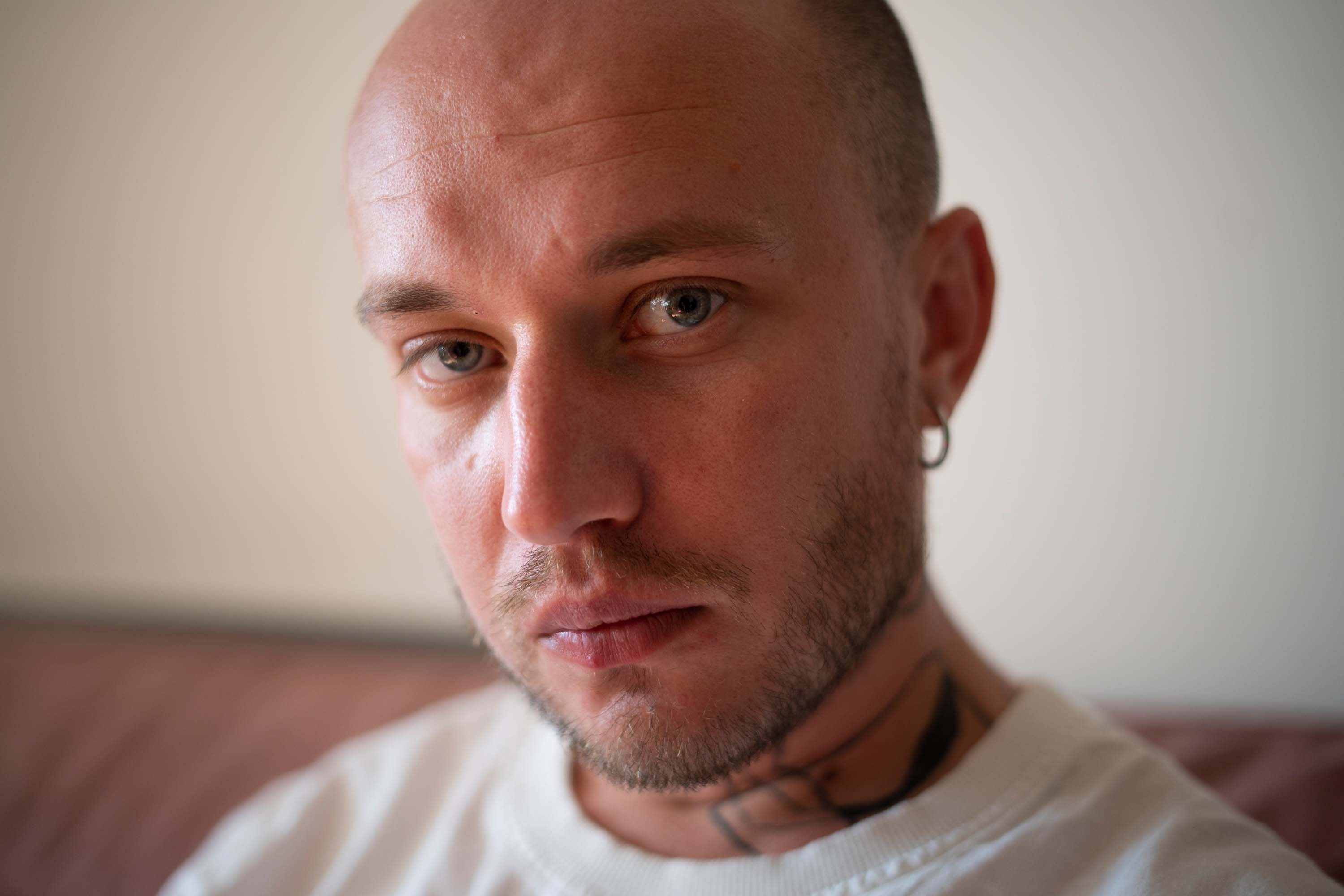
Kyiv — Vita-Poshtova — Kyiv — Ternopil — Novovolynsk — Kyiv
On February 24, I woke up at 5 a.m. to the sound of our air defence shooting down missiles. At that time, I was not yet able to recognize the sound of the air defence, but some 10 minutes after I heard the explosions, I saw a missile in the sky, and the air defence shot it down.
My brain told me it was all a dream, but then reality caught up with me. The initial emotions were fear, anxiety and confusion. Later, I calmed down a bit, thinking that a situation like that couldn't last for long. I expected it to stop within a day.
That day, I had a friend staying overnight at my place, and at lunchtime, we decided to go to friends of ours and think of something to do together. We decided to head out of Kyiv to Vita-Poshtova, where their parents lived. Now, when I look back, I realize that it was not the most thoughtful decision, but that moment it seemed safe. We reached Vita-Poshtova by the evening, but it was even worse there.
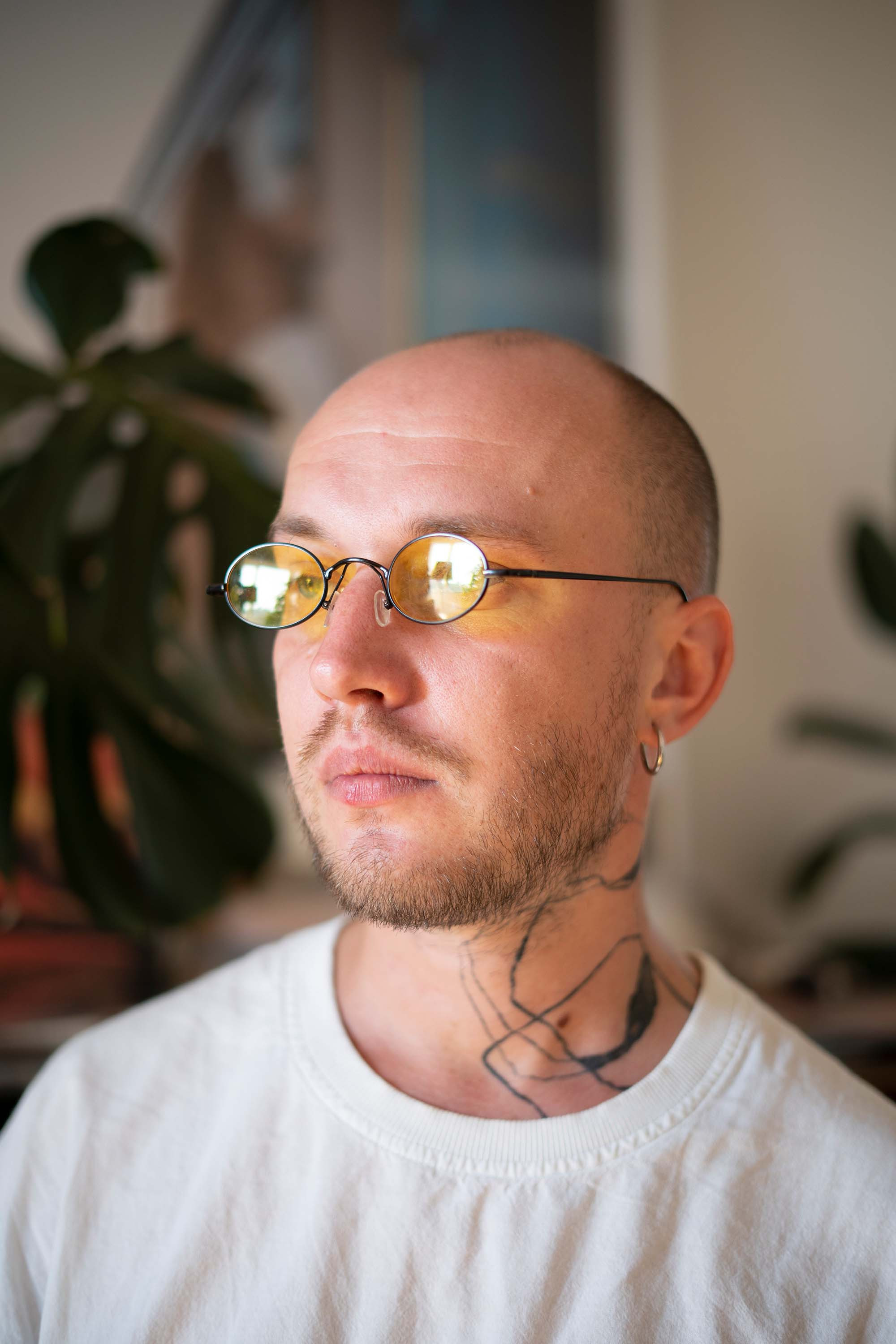
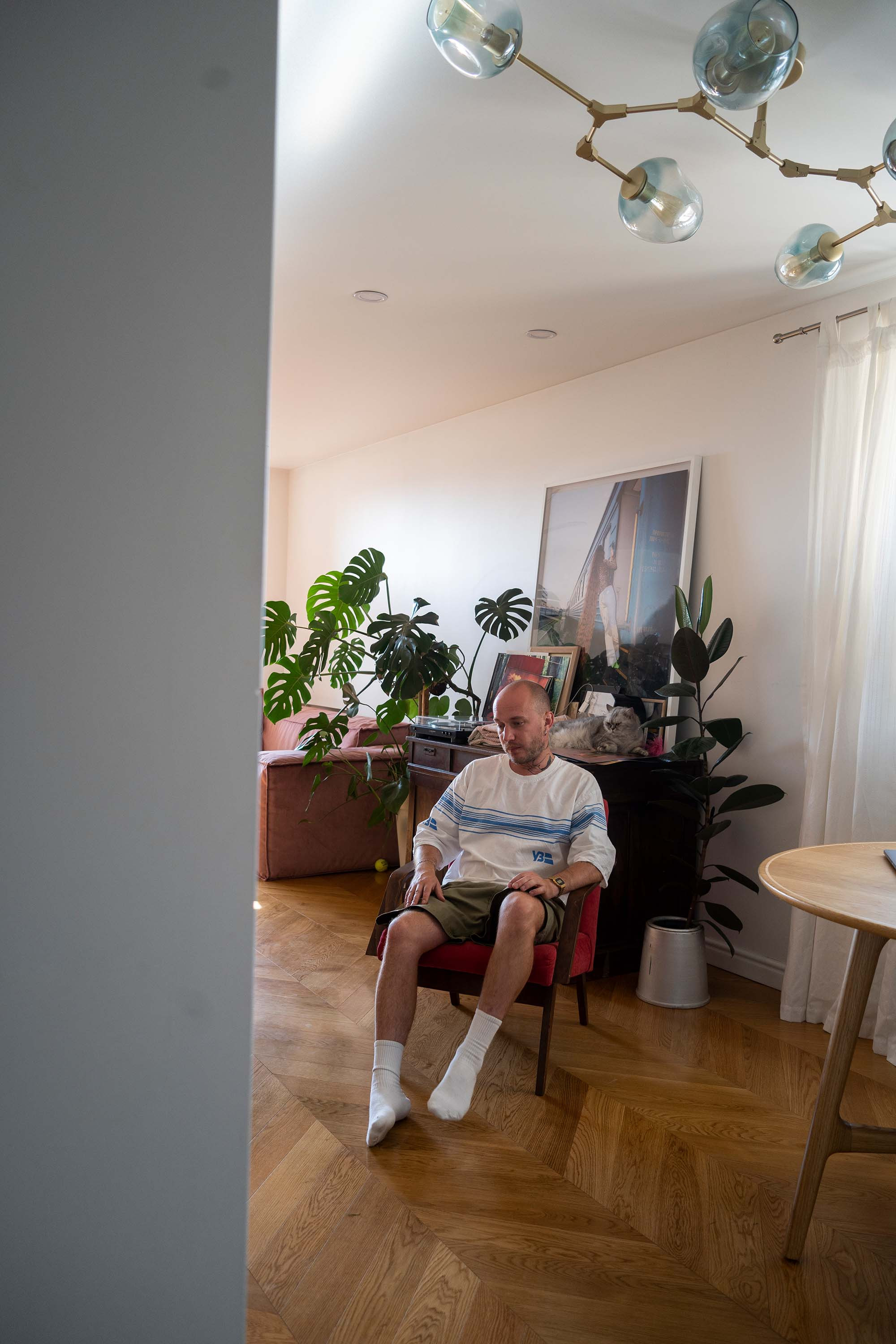
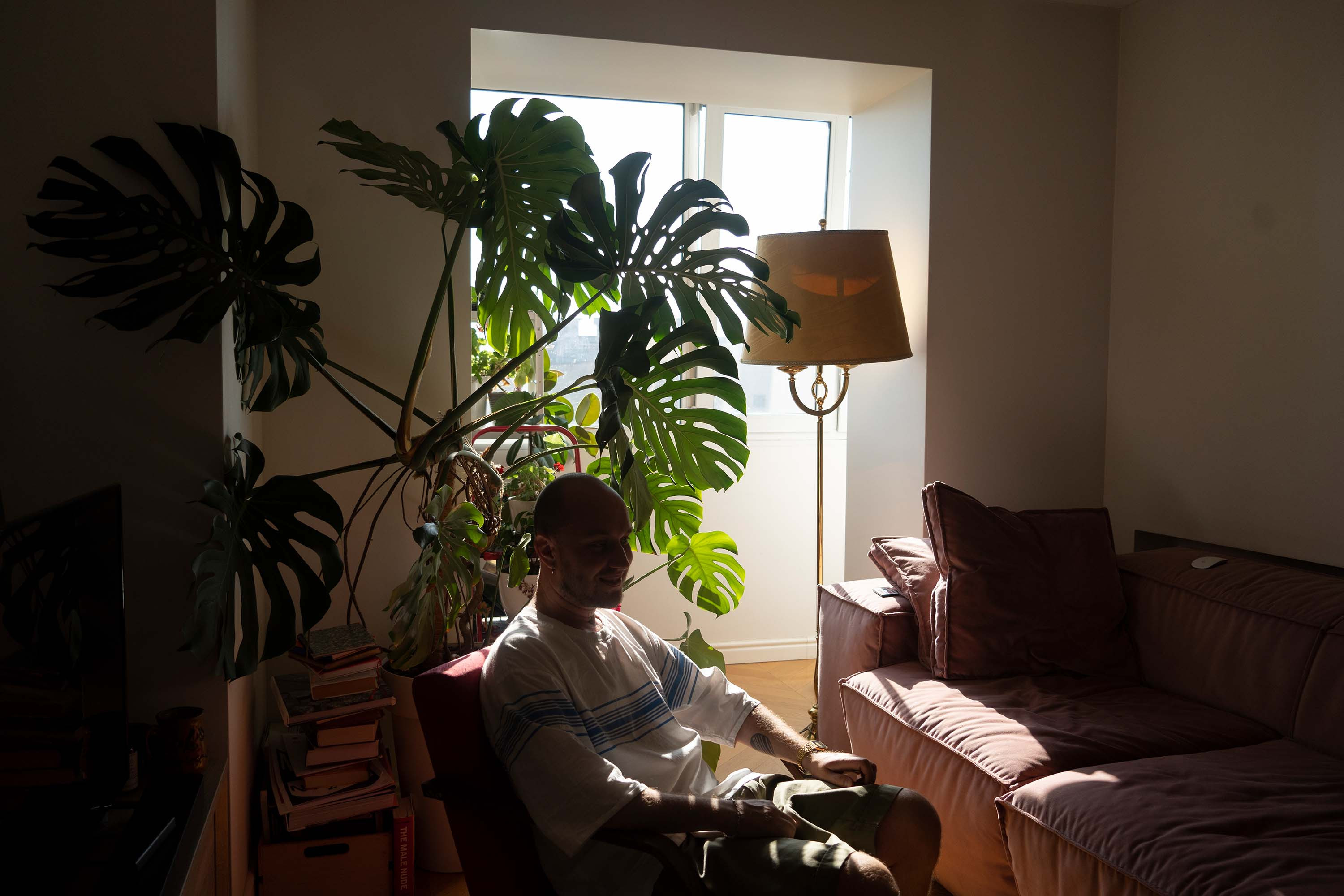
In Kyiv, you had a feeling that at least you were in some kind of a fortress, but out there... It was the same sounds and bombardments. Then the news started coming in about bombs hitting places not only in Kyiv but also in the suburbs. And it became even scarier.
Everyone I stayed with refused to go down to the basement during the air raid alerts. But I slept in the basement as a matter of principle, especially after I had seen through the window a rocket hitting the oil depot in Vasylkiv. The next morning, the air was filled with the smell of burning petroleum products.
I was added to random group chats that started to appear on Telegram. They were spreading rumours that paratroopers were already there and that the Kadyrovites were coming. They said everyone had to leave as soon as possible, but at that moment, we were under curfew. I realized there was something wrong with these group chats, and I changed passwords everywhere.
The next morning, we learned that a family had attempted to leave, and their bus had been shot at. It had happened right in Vita Poshtova. And we had been about to do the same - we had been thinking of fleeing too. We were lucky we had stopped.
We stayed in Vita-Poshtova for 3 or 4 days. Our friends gradually began to leave for the western part of Ukraine, and my friend and I decided to return to Kyiv to stay there. But Kyiv had us for a day or even less than that.
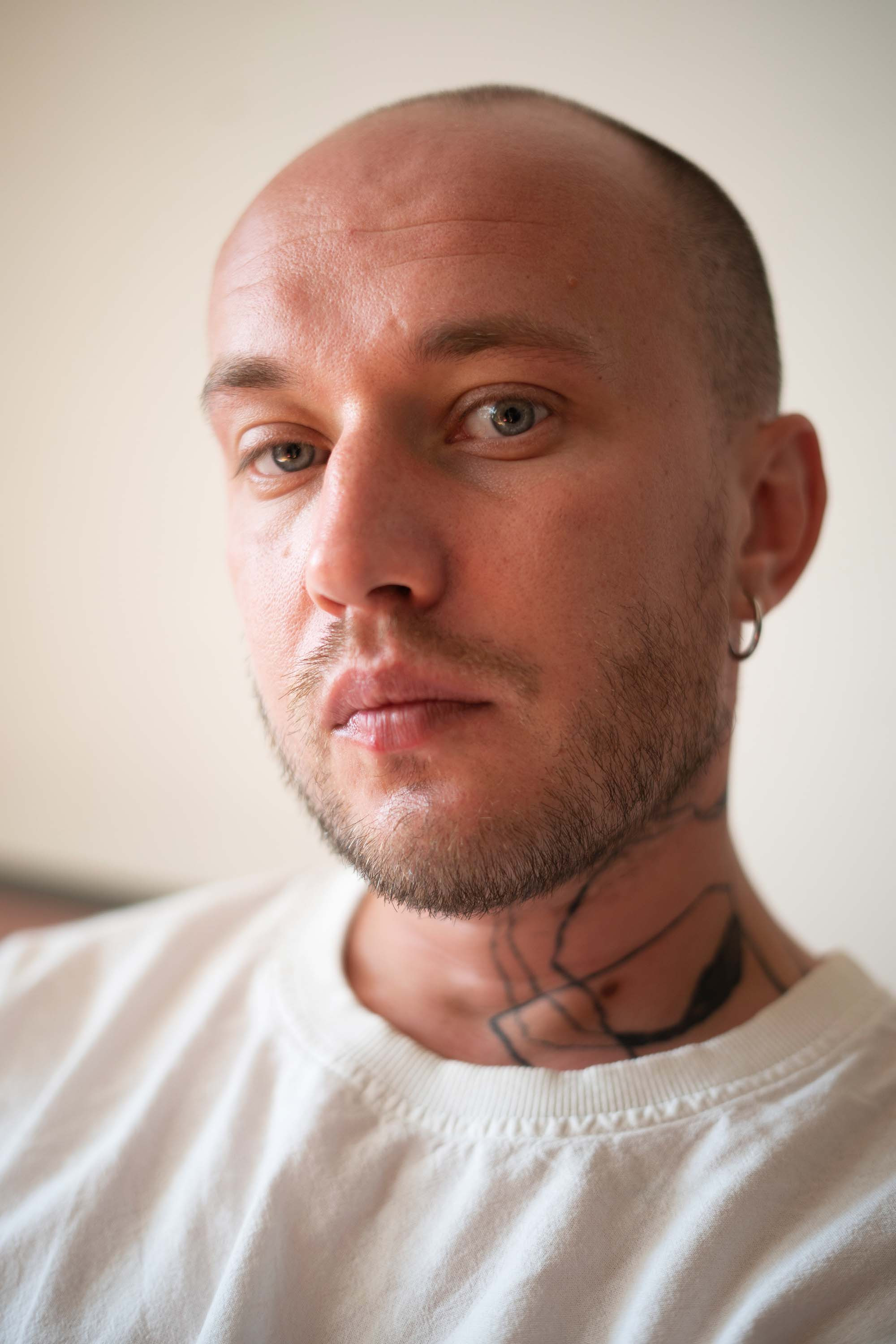
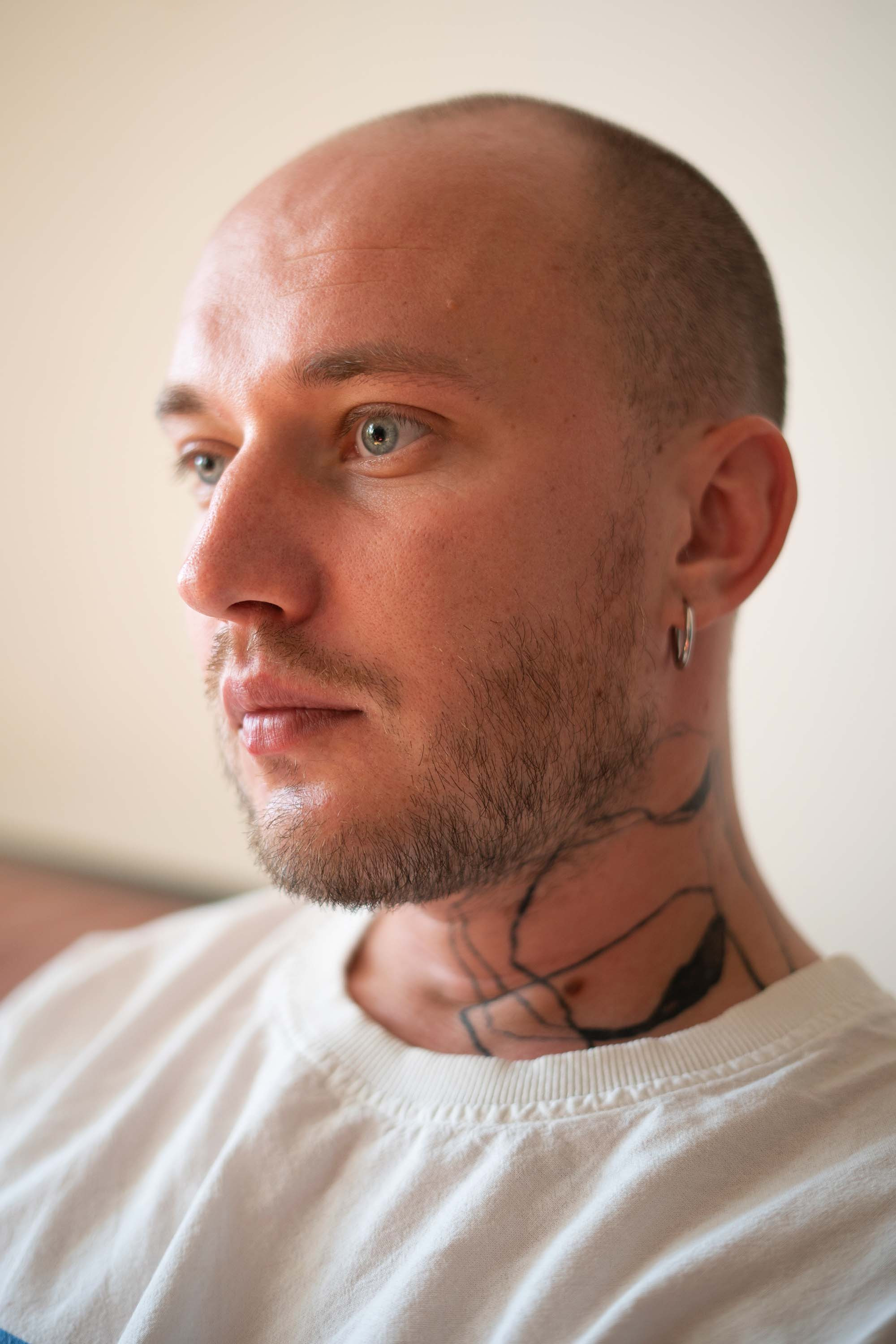
On the day we got back to Kyiv, a missile hit the TV tower, and it really shook me up inside, probably because my office was nearby. Besides, on a psychological level, the TV tower had always been perceived as something solid and unbreakable. So it gave us a peculiar kind of impetus to leave.
In my work chat, I saw a message from a colleague who was going to Western Ukraine with kids. I immediately texted her that I would go with them - they had two vacant seats. We quickly packed up and drove to our co-worker's place in Ternopil. We got there without any major incident, except that there was a lot of traffic and problems with fuel, so the ride took us about 16 hours.
We stayed in Ternopil for 4 days. The family that hosted us was very welcoming. But the atmosphere was depressing - I think at that time everybody felt that way. I waited till my sister and her baby came from Kharkiv by train, and then they went further to Poland together with my colleague.
I decided to go to Novovolynsk, and finally I stayed somewhere for a long time. I lived there with the family of my boyfriend, who had gone to Sri Lanka before the war. We were supposed to go there on vacation together, but I had a lot of work, so he left on his own. Now he is in Germany - he never came back to Ukraine.
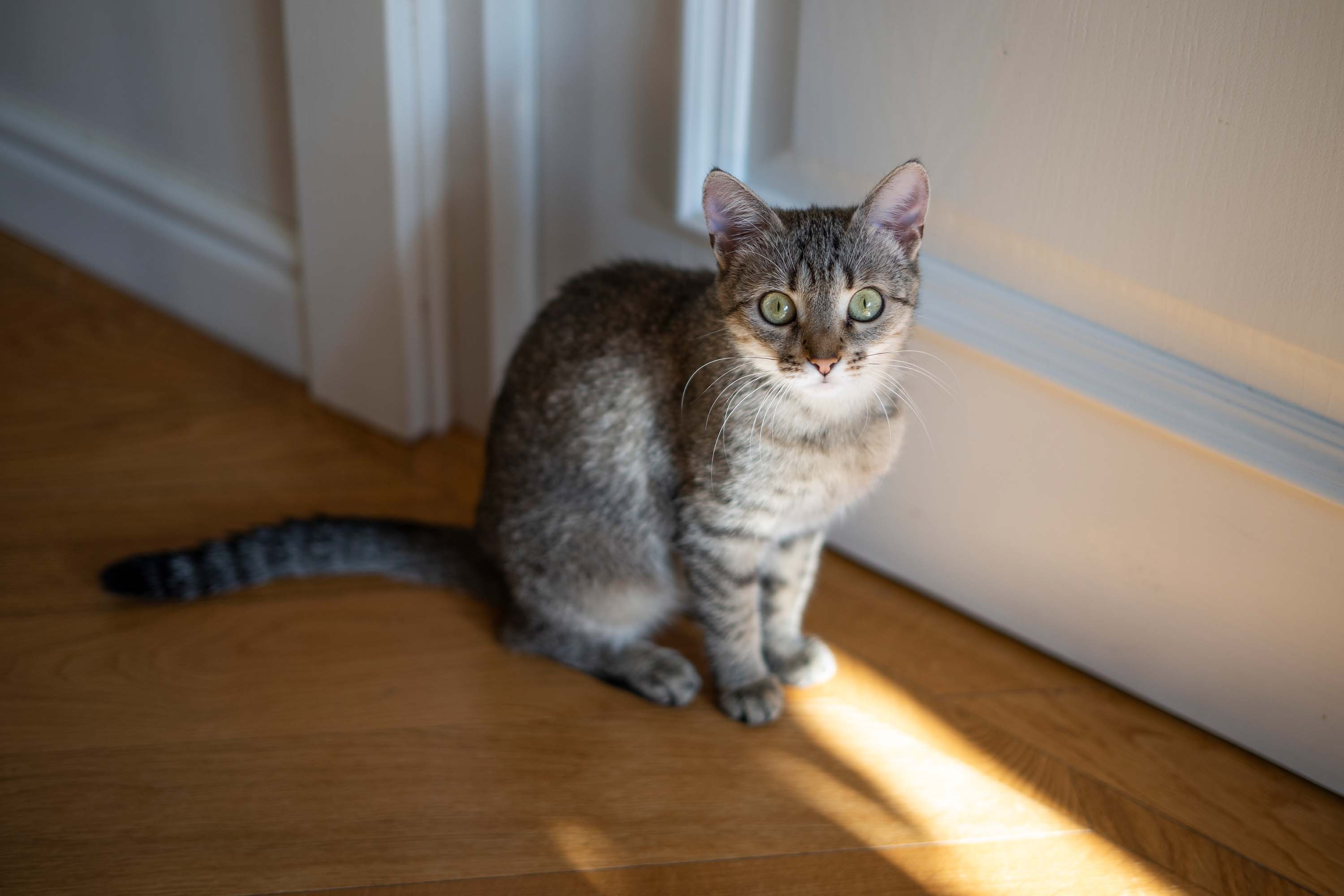
On the day we got back to Kyiv, a missile hit the TV tower, and it really shook me up inside, probably because my office was nearby. Besides, on a psychological level, the TV tower had always been perceived as something solid and unbreakable. So it gave us a peculiar kind of impetus to leave.
In my work chat, I saw a message from a colleague who was going to Western Ukraine with kids. I immediately texted her that I would go with them - they had two vacant seats. We quickly packed up and drove to our co-worker's place in Ternopil. We got there without any major incident, except that there was a lot of traffic and problems with fuel, so the ride took us about 16 hours.
We stayed in Ternopil for 4 days. The family that hosted us was very welcoming. But the atmosphere was depressing - I think at that time everybody felt that way. I waited till my sister and her baby came from Kharkiv by train, and then they went further to Poland together with my colleague.
I decided to go to Novovolynsk, and finally I stayed somewhere for a long time. I lived there with the family of my boyfriend, who had gone to Sri Lanka before the war. We were supposed to go there on vacation together, but I had a lot of work, so he left on his own. Now he is in Germany - he never came back to Ukraine.
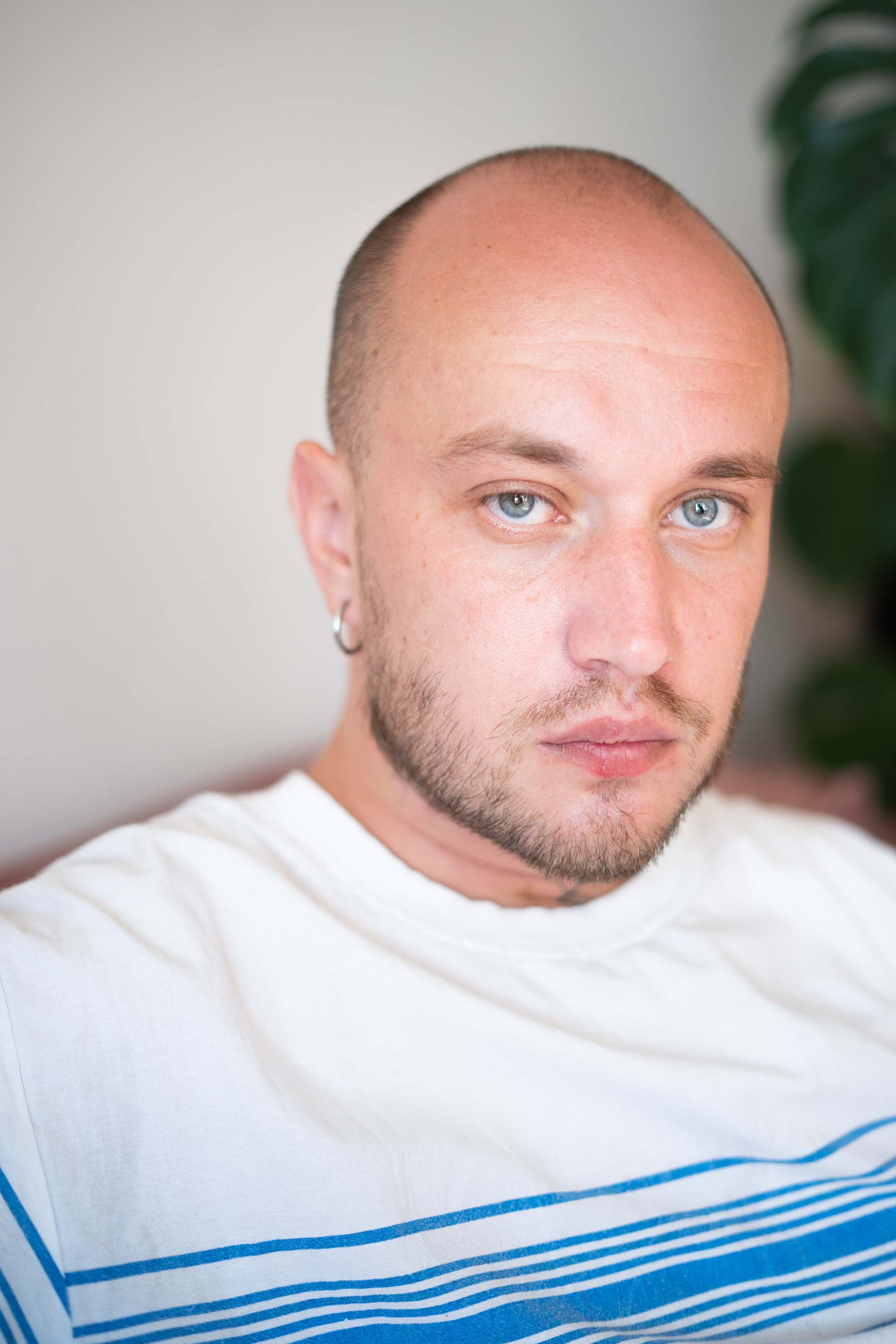
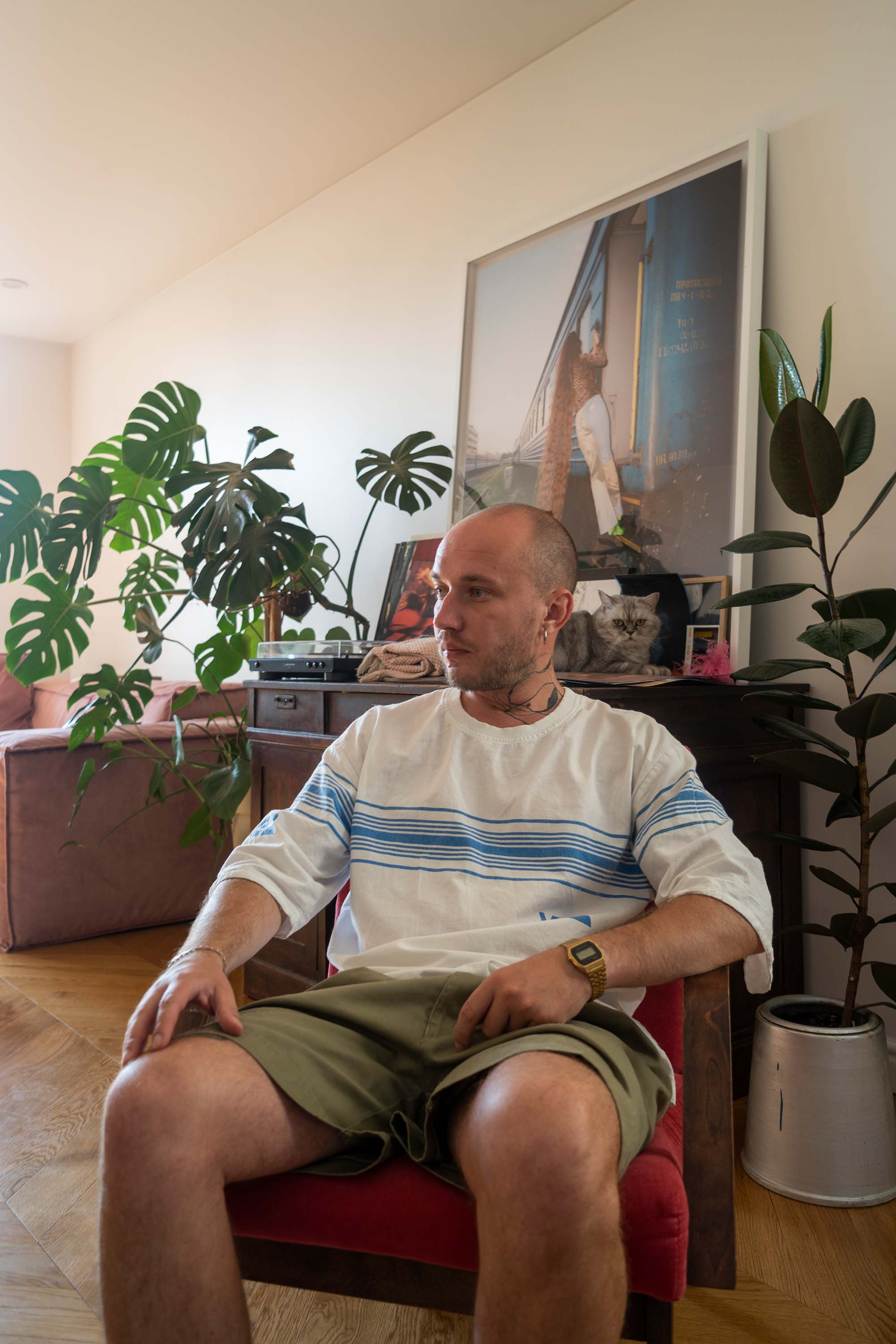
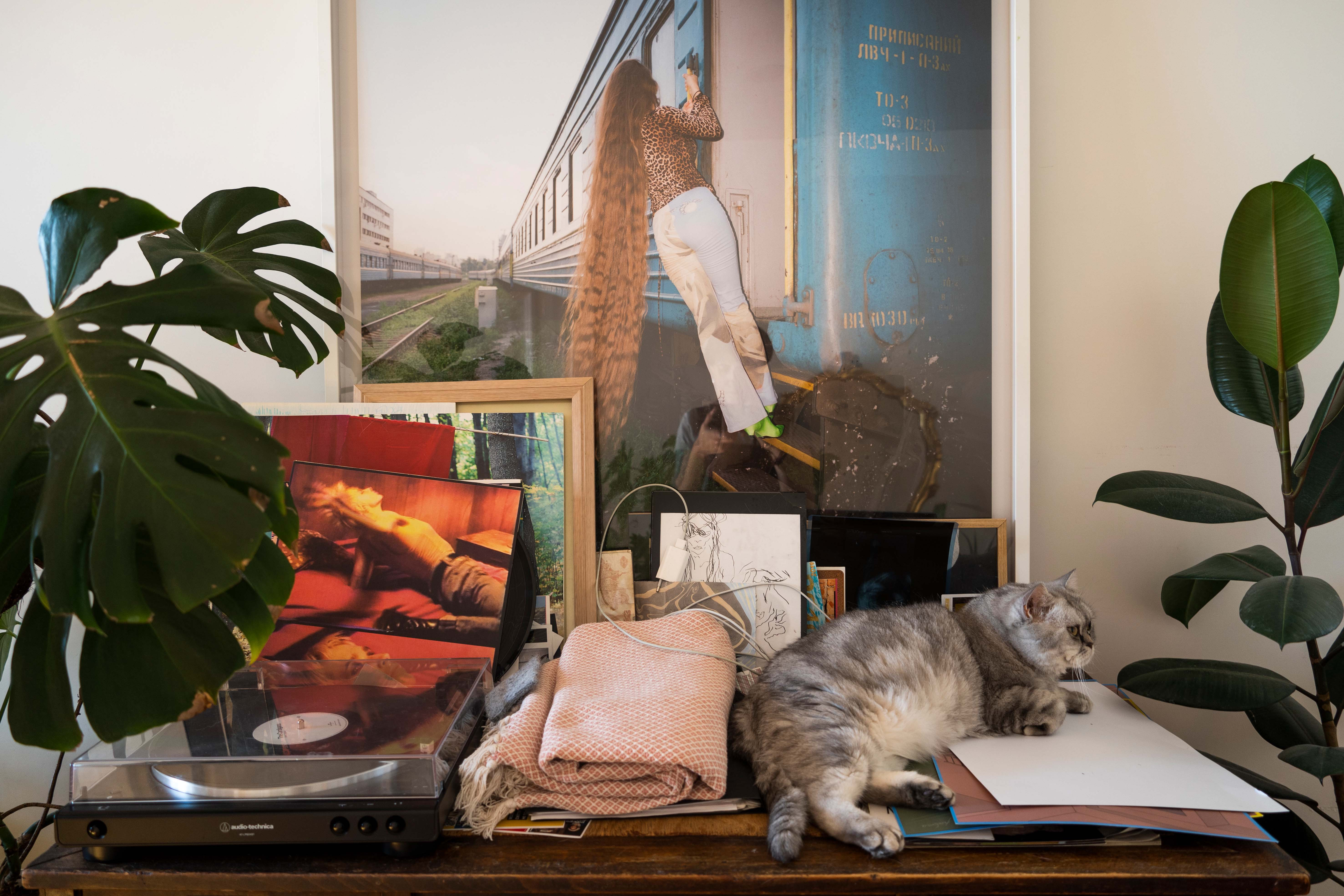
I went to my boyfriend's family together with a friend of mine, at the same time persuading my mother to leave Kharkiv to join us. She agreed, and I waited for her there.
I decided to return to Kyiv after the liberation of Bucha. Since then, I haven't left the city, and I don't plan to. Why? Because when you are far from home... I realized that when you leave, it's even worse, and it doesn't solve any security problems. Of course, this is all based on my own feelings.
Sure, Kyiv is not 100% safe now, but still, there is no place like home. I come from Kharkiv, but I have lived in Kyiv for 10 years, and this city has become a home. For me, the capital is my home, and I don't feel well when I am far away from it. It is my comfort and, above all, the people around me.
I'm the kind of person whose morning starts with the news. Things are easier for me when I know what's going on. But during the war, it works the other way around: you know what's going on, but it doesn't bring you any peace. However, I can't live in information isolation either - it only gets worse because I start to second-guess things and feel really bad. Even if the news is horrible, it's better to be informed than not to know at all.
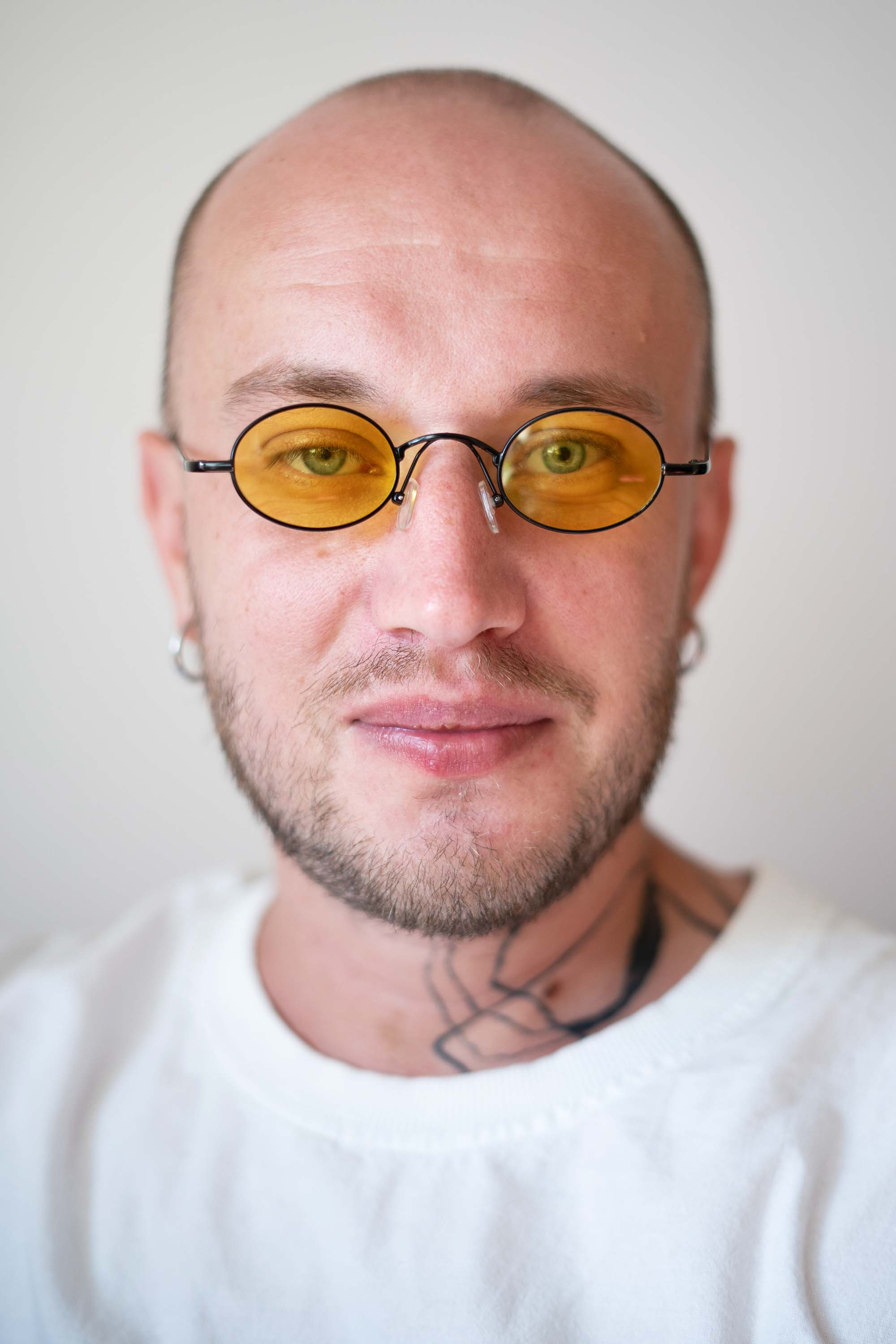
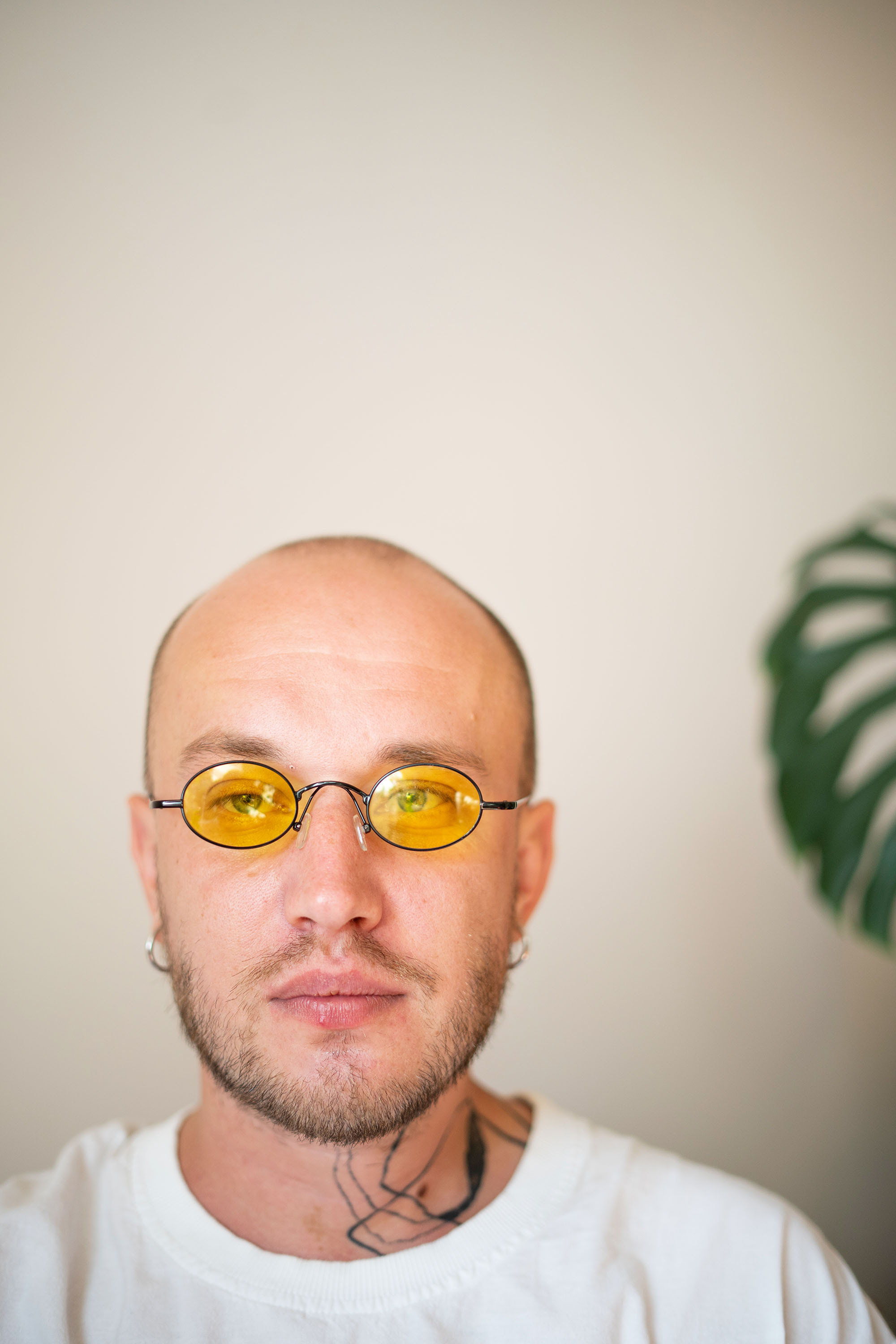
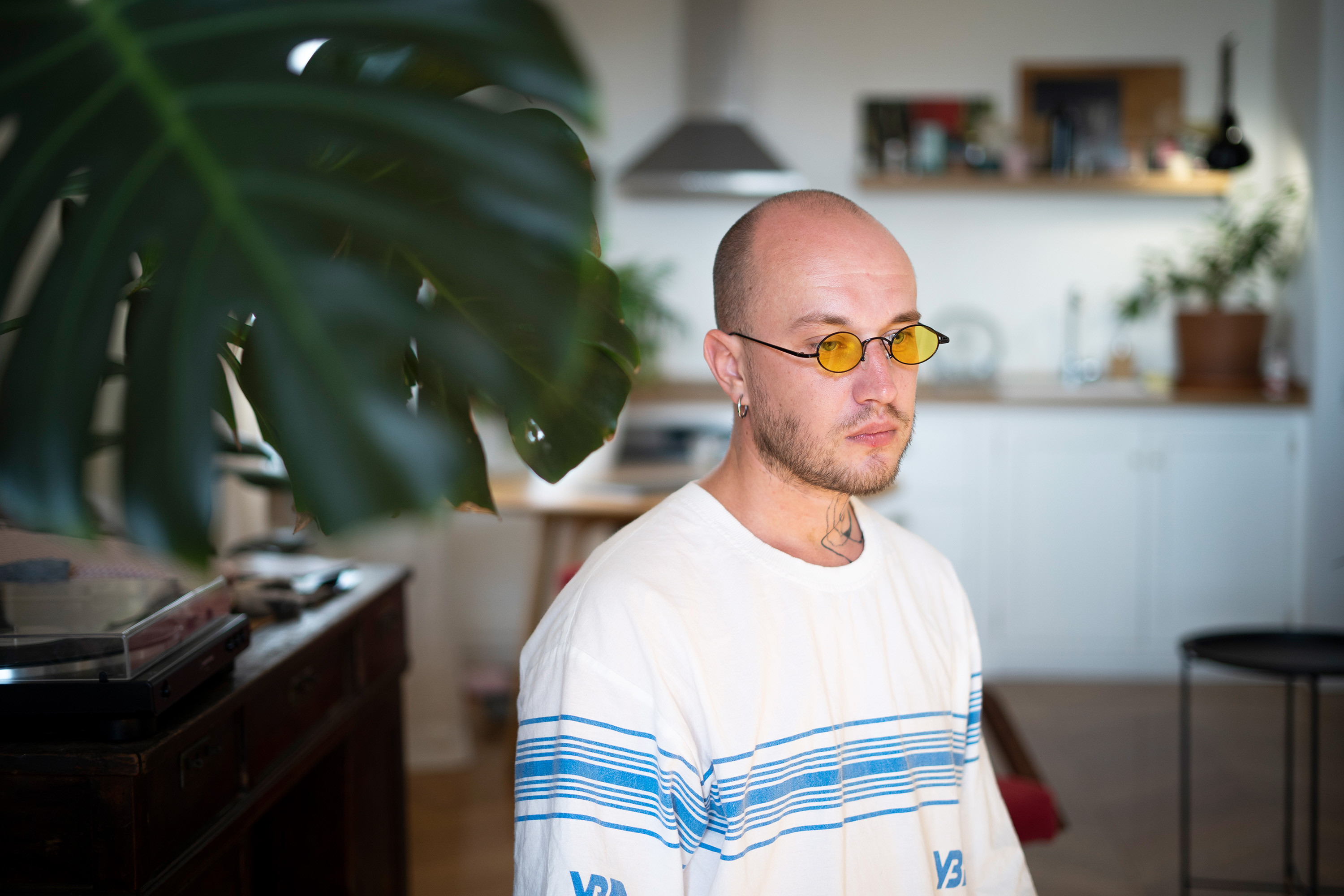
In the last five days, there were no air-raid alarms, still I got triggered a lot. It's a strange psychological state: it feels like the quiet before the storm, like a respite before heavy bombardment starts again. It gets easier, when I do some monotonous, routine work that somehow distracts me from what is happening.
Always, especially when the siren goes off, I imagine a missile hitting my apartment: I see the furniture flying apart and how I get killed. I relive these moments constantly - I accept the fact that I'm going to die, and I feel better.
That's how I cope: I live in the moment. In general, I love making plans so that my days in the calendar are filled to the max, and everything is clearly planned out, preferably for a long time. Now I do not plan for more than a week because I understand that now, probably, it is a silly thing to do.
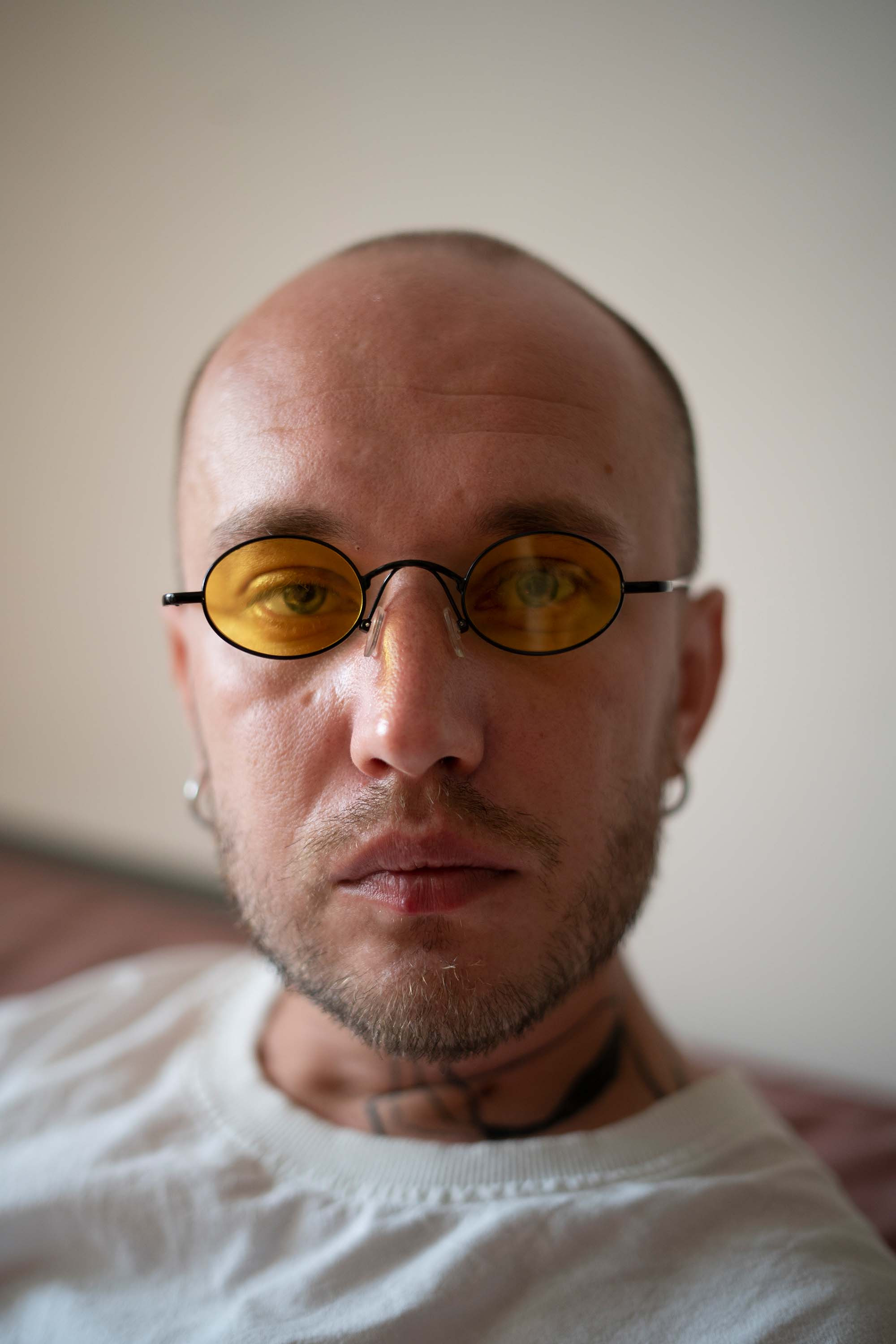
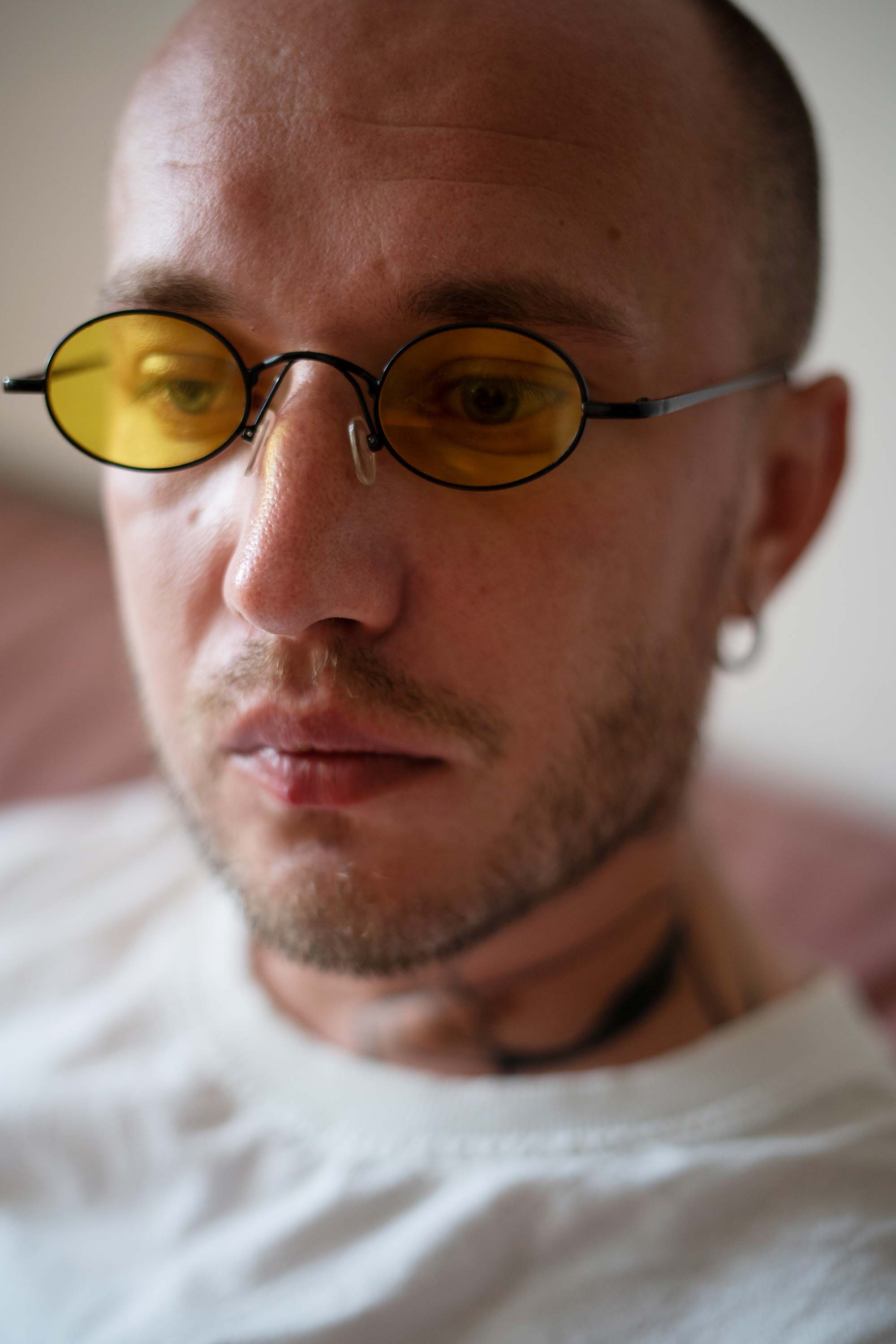
Recorded by Misha Pravilniy
Photographed by Ekaterina Pereverzeva

